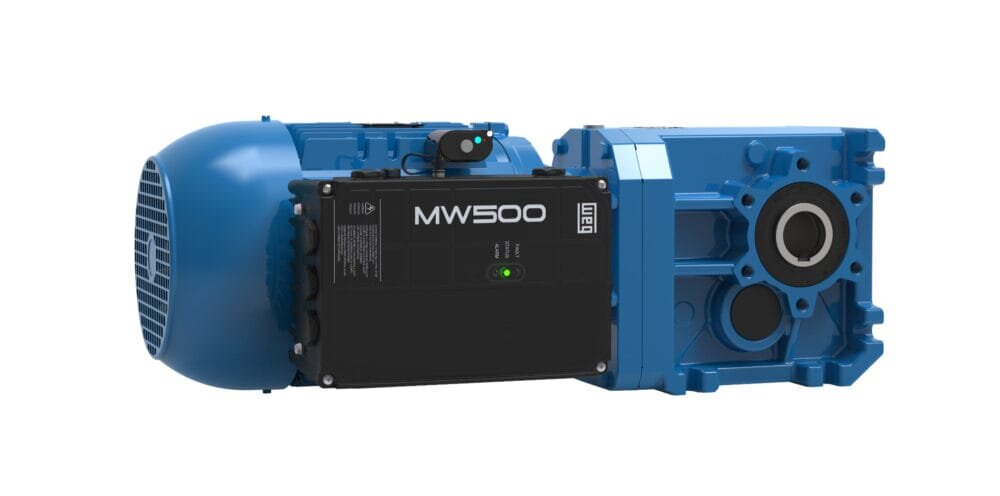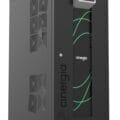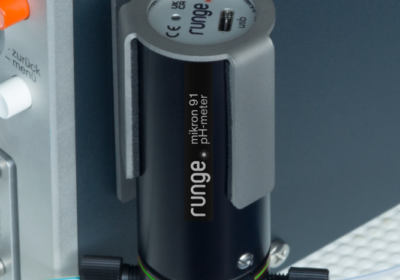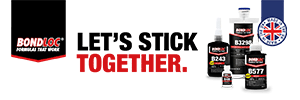Research by Centrica has found that financial risk and energy security were among the biggest concerns of 500 surveyed businesses. This is understandable, as businesses face the paradox of optimising productivity while also meeting sustainability objectives. One such business is Binder+Co, a developer of screen systems, which turned to the motors and drives manufacturer, WEG to support with an efficient screening solution that aligns with Binder+Co’s sustainability goals.
In the realm of raw material processing, demand for swift and precise screening processes means manufacturers must circumvent delays without compromising product quality. Moreover, as shown in Centrica’s report, these processes must align with evolving environmental standards. How can raw material processors overcome these hurdles?
These were the pivotal questions posed by Binder+Co, an Austrian company with over six decades of expertise in developing screen systems, which led to a breakthrough product innovation. Binder+Co’s BIVITEC flip flow screening machine has been a staple in the industry for years, leveraging resonance to efficiently segregate challenging bulk materials through dynamic vibrations, ensuring effective screening of hard-to-manage products.
In its pursuit of expanding its product range, Binder+Co sought to devise a more cost-effective solution for its clientele, both in terms of initial investment and operational expenses. The envisioned machine had to cater to a diverse array of applications, ranging from screening sand, gravel, crushed stone, salt, and ores to handling recycling tasks, including sorting waste electrical equipment, plastic waste, glass cullet, compost, or wood classification.
Enter the BIVITEC e+: a revolutionary amalgamation of Binder+Co’s proven flip flow system with the attributes of a resonance screening machine, designed to prioritise weight and energy efficiency. To realise this vision, Binder+Co collaborated with its long-standing partner, WEG, to craft an optimal solution.
At the heart of the BIVITEC e+ lies a decentralised approach to power, with four-pole three-phase motors from WEG chosen to propel the machine. These motors adhere to the IE3 European efficiency standard, embodying ‘Premium Efficiency’ and catering to a broad spectrum of power requirements. The motors drive the eccentric mechanism of the BIVITEC e+ through a V-belt, ensuring seamless operation.
Crucially, a decentralised variable frequency drive (VFD), integrated directly onto the motor, enables continuous adjustment of motor speed, facilitating smooth ramp-up performance. This innovative design not only reduces the motor power required for the flip flow drive but also empowers operators to tailor vibration characteristics to suit specific applications effortlessly.
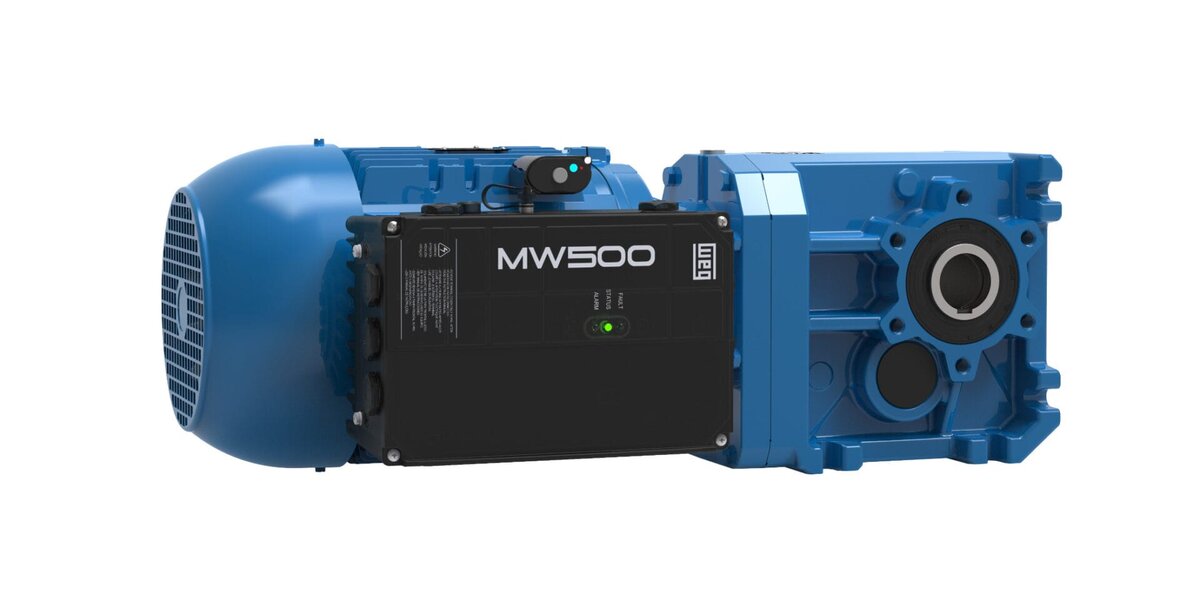
Moreover, the decentralised drive system affords Binder+Co the capability to offer a plug-and-play solution to its customers, eliminating the need for an external switch cabinet and simplifying integration into existing machinery setups. Additionally, by utilising WEG’s voltage switchable motors, Binder+Co ensures global compatibility, allowing for seamless exportation worldwide.
The adoption of WEG’s high-performance VFD, the MW500 Decentralised Drive, further enhances the efficiency and versatility of the BIVITEC e+. With features such as integrated software-based PLC and robust housing design, the MW500 delivers exceptional performance even in demanding operating conditions.
Through this collaboration with WEG, Binder+Co has not only achieved substantial energy savings but has also introduced a versatile and efficient screening solution that aligns with sustainability goals.
Franz Anibas, Head of Engineering at Binder+Co, emphasises the environmental benefits of the BIVITEC e+, highlighting its reduced mechanical impact and impressive energy efficiency: “We want to give our customers the opportunity to make the most of their valuable raw materials and recyclables during processing.”
“With the BIVITEC e+ and the drive solution from WEG in particular, we’ve developed a flip flow screening machine that transmits minimal mechanical loads to the environment and therefore saves up to 40 per cent on weight compared with previous models,” said Anibas. “The new machine is very efficient and simple to operate and features preconfigured operating modes that easily adjust the machine to individual task specifications — which maximises the benefits for our customers.
Binder+Co’s partnership with WEG exemplifies a commitment to driving positive change in raw material processing. Through innovation and collaboration, they are ushering in a sustainable future, in line with evolving environmental standards, while empowering customers to maximise the value of their raw materials.
To discover more about WEG’s high-performance VFDs for raw material processing and other applications, visit its website today.

